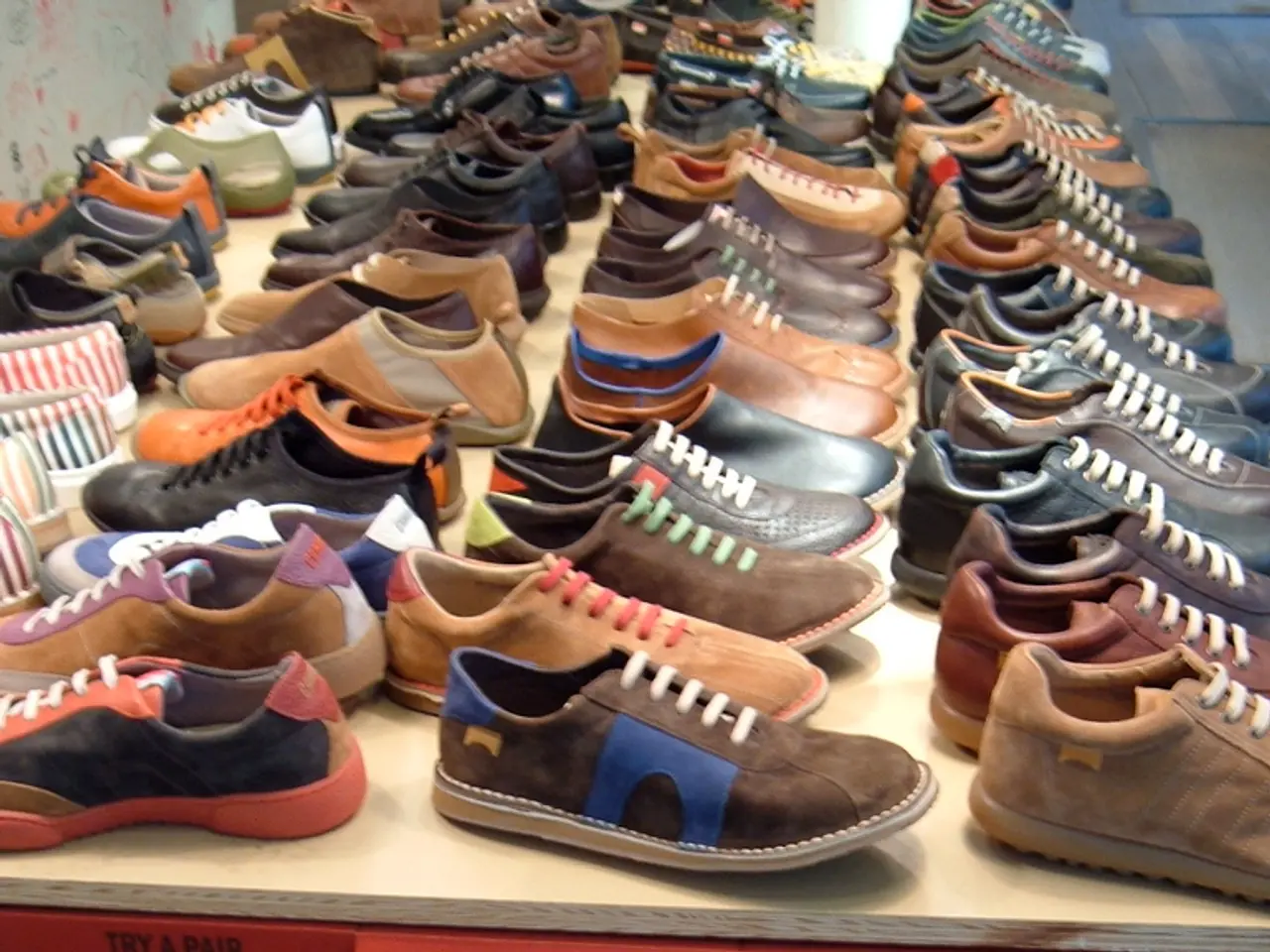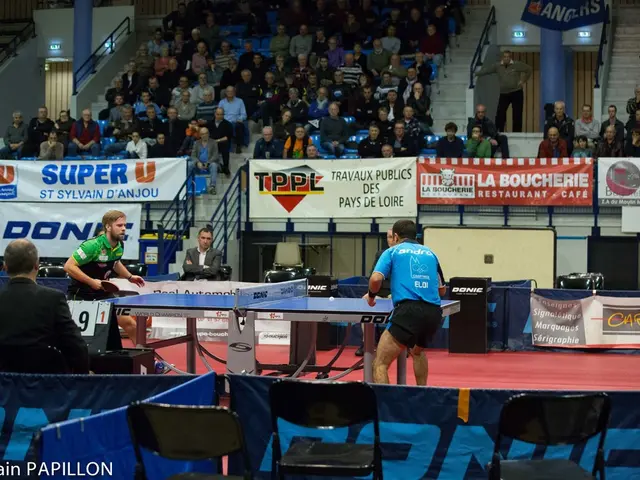U.S-sourced man-made textile materials attract growing interest from garment industry
In a recent meeting with a US Embassy delegation in Dhaka on 13 August, the Bangladesh Garment Manufacturers and Exporters Association (BGMEA) expressed interest in importing man-made fibres from the United States.
The BGMEA, led by President Mahmud Hasan Khan, discussed this potential move with a view to reducing Bangladesh's trade deficit. The US delegation, including Labour Attaché Leena Khan, Foreign Commercial Service Attaché Paul G Frost, and Foreign Agricultural Service Attaché Erin Covert, was present at the meeting.
During the meeting, issues regarding the domestic gas and electricity situation were raised, as well as the importance of maintaining close communication with the US Embassy on labour-related matters to ensure clarity and avoid any misunderstandings. The BGMEA leaders also briefed the US delegation on the progress of legal reforms aimed at ensuring labour rights and welfare.
The man-made fibres of interest include polyester and nylon. A potential warehouse near Chattogram Port was discussed for expediting cotton imports from the United States, which could be a Bangladeshi, US, or joint initiative.
Paul G Frost, the Foreign Commercial Service Attaché, stated that they would talk to relevant US government departments and provide further details in response to BGMEA's interest. No new information was provided about any potential agreements or commitments made during the meeting.
It is worth noting that Bangladesh remains a leading textile manufacturer and a large importer of raw materials like cotton, for which the US is a major global exporter. The US textile and apparel trade environment is affected by tariffs and supply chain regulations, which may influence Bangladesh's sourcing decisions. However, no specific update on man-made fiber imports has been reported since the August 2021 meeting.
Maintaining stable labour conditions in the garment sector is a top priority for BGMEA President Mahmud Hasan Khan. The BGMEA has been engaged in dialogue with 81 workers' federations to establish harmonious industrial relations since taking office. The US delegation emphasised the importance of aligning Bangladesh's labour laws with international standards, a stance supported by the ILO, the European Union, and others.
The current market for man-made fibres is dominated by China. The import of man-made fibres from the US is aimed at diversifying sources and potentially improving the sustainability of Bangladesh's textile industry. However, no detailed link to sustainability trends in US fashion companies has been established in relation to Bangladesh's import interests.
For precise information about changes in Bangladesh's garment sector interest or policy shifts regarding importing US man-made fibers post the August 2021 meeting, targeted industry reports or statements from Bangladesh garment trade bodies or the US Embassy would be needed.
Despite the focus on discussing man-made fibre imports, the possibility of potential sports apparel being produced also arose during the meeting, given the suitable weather conditions in Bangladesh for outdoor activities. With the growing demand for sustainable and diverse sourcing options, the US delegation saw an opportunity for US fashion companies to collaborate with the Bangladesh garment industry for a greener and more resilient fashion future.







